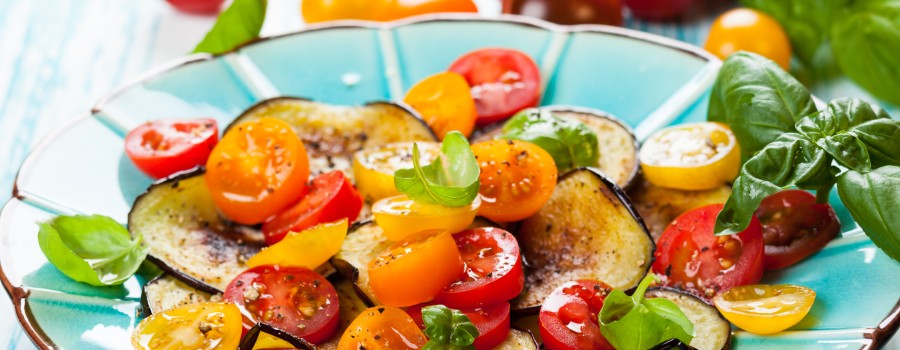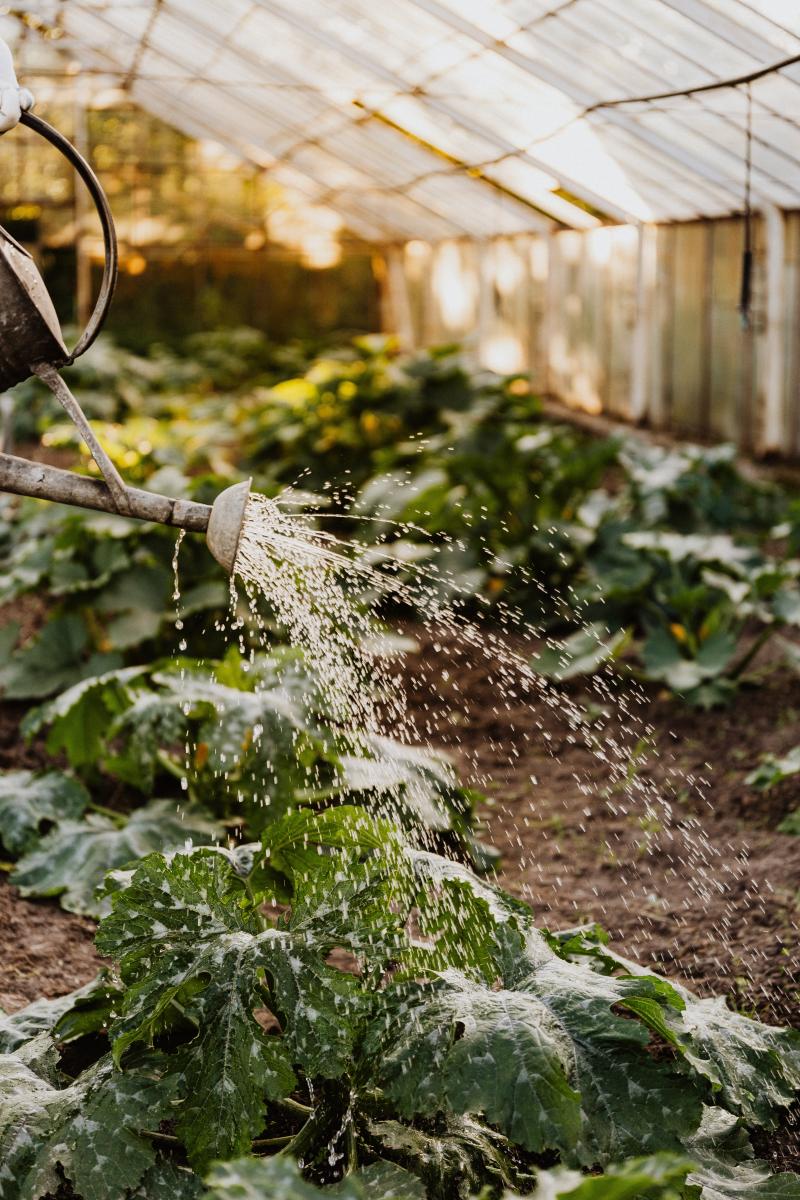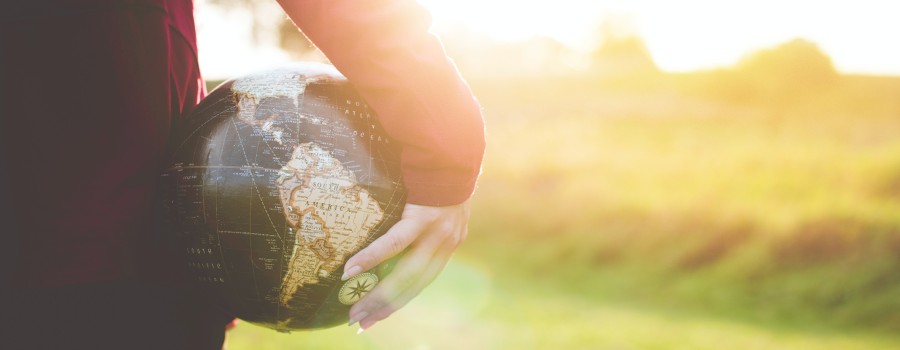How your diet could change the world
While the world’s population has doubled since the 1960s, world meat production has quadrupled. In certain areas, livestock production has increased massively; there are now 4 and a half times as many tonnes of pig produced in 2013 compared to 1961, while world chicken production has increased by nearly 13 times.
These harrowing numbers are growing. The Food and Agriculture Organisation of the United Nations predicts that by 2050 world meat production will have almost doubled, as the Western taste for meat, eggs and dairy products continues to grow (along with our waistlines).
This trend will continue to contribute to global warming, widespread pollution, deforestation, land degradation, water scarcity and species extinction. More animals mean more crops are needed to feed them: the planet cannot feed both increasing human and farmed animal populations, especially when there will be between 2-4 billion more human mouths to feed by 2050.
If we are trying to reduce our car use, limit the amount of water we waste, become more ‘energy-efficient’ and generally lessen our environmental impact, we must also examine the most important factor of our personal ecological footprint: what we eat.
Start your vegan journey today by downloading our VeGuide app. You can also join The Vegan Society by completing our quick and simple online form. As a registered charity we rely on our members, and we are so grateful to everyone who supports us. For just £2 a month, your membership will go towards helping us to spread the word of veganism and create a world where animals are free to exist in their own right. In return you’ll receive access to over one hundred vegan discounts, our quarterly magazine, exclusive competitions and more!
Vegan and plant-based diets use less resources

Food (and land) security is becoming a major issue. The United Nations Food and Agriculture Organization (FAO) estimates that one in nine people are chronically undernourished. With the world’s population expected to increase from 7 billion to reach 9-11 billion by 2050, one of the most urgent questions we now face is how we, as a species, will feed ourselves in the 21st century.
Even if we tackled the economic forces that ultimately cause the unfair allocation of resources, land availability would still be one of the main constraints on mass food production. The Earth has only a limited area of viable agricultural land; how this land is used is central to our ability to feed the world. This is particularly important given how desertification and other ecological issues brought on by climate change continue to reduce the quantity and the quality of the world's arable land.
Meat-heavy, Westernised diets are a waste of resources we desperately need to conserve. This is because farmed animals consume much more protein, water and calories than they 'produce'. Most of the protein from vegetable feed is used for the animal’s bodily functions and not 'converted' to meat, eggs or milk.
How your diet can help
Quite simply, we do not have enough land to feed a growing population an animal-based diet. While 800 million people do not have enough food, we continue to waste valuable agricultural land by obtaining only a small fraction of its potential calorific value.
The world’s population is increasing and viable agricultural lands are diminishing. If we are to avoid future global food scarcity we must find sustainable ways of utilising our natural resource base. Industrial livestock production is not just unsustainable; it's unjustifiable.
Vegans use less water globally
The world will only have 60% of the water it needs by 2030 without significant global policy change, according to a recent report from the U.N.
This situation is predicted to worsen as our population expands and consumption per capita increases with more and more people adopting resource-intensive Western meat eating habits.
How your diet can help use less water
Although statistics vary, it is safe to say that it takes at least three times the amount of water to feed a meat eater compared with that used to feed a vegan. For example, it takes 15,500 litres of water to produce 1 kg beef, contrasted with 180 litres for 1 kg tomatoes and 250 litres for 1 kg potatoes.
Consuming animal products is incredibly resource-intensive. Globally, farming uses about 70% of the planet’s accessible freshwater. This is compared to around 20% for industry, and about 10% for domestic use.
This is largely because arable land has to be irrigated to make it agriculturally viable and to increase and improve crop yields. As has been shown, much of this land is entirely wasted by growing feed crops for livestock rather than food for direct consumption by people. The water used on this land – as well as that consumed direct by livestock – represents yet another wasted resource.
Since a large percentage of the crops fed to European farmed animals are grown in developing countries, this wasted water comes not only from European reserves but also from the very countries where drinking water is most scarce.
Switching to a vegan diet will help significantly reduce the world’s water requirements.
Water pollution
Agriculture is also the number one water polluter. Slurry from cattle and other livestock pollutes groundwater, streams and rivers. The livestock sector is probably the largest sectoral source of water pollution.
Manure and slurry contain high levels of nitrogen and phosphor. These elements can leach into groundwater and run off to pollute lakes, killing the fish and endangering the health of other animals. Ammonia is also given off and can cause acid rain.
Demand for animal feed is one of the major reasons behind the intensification of crop production. Stop the demand – go vegan!


